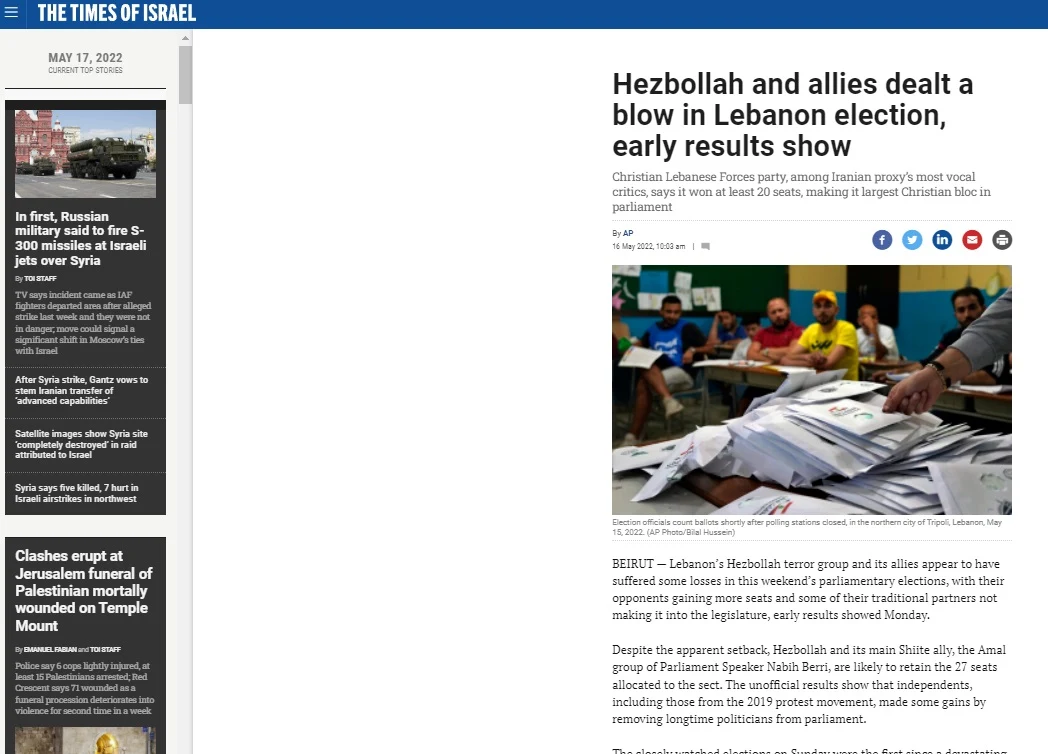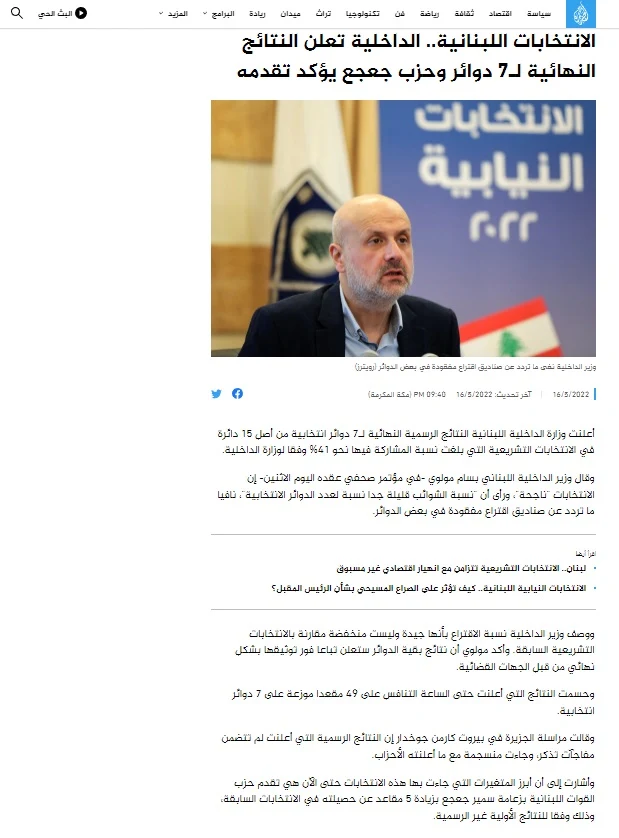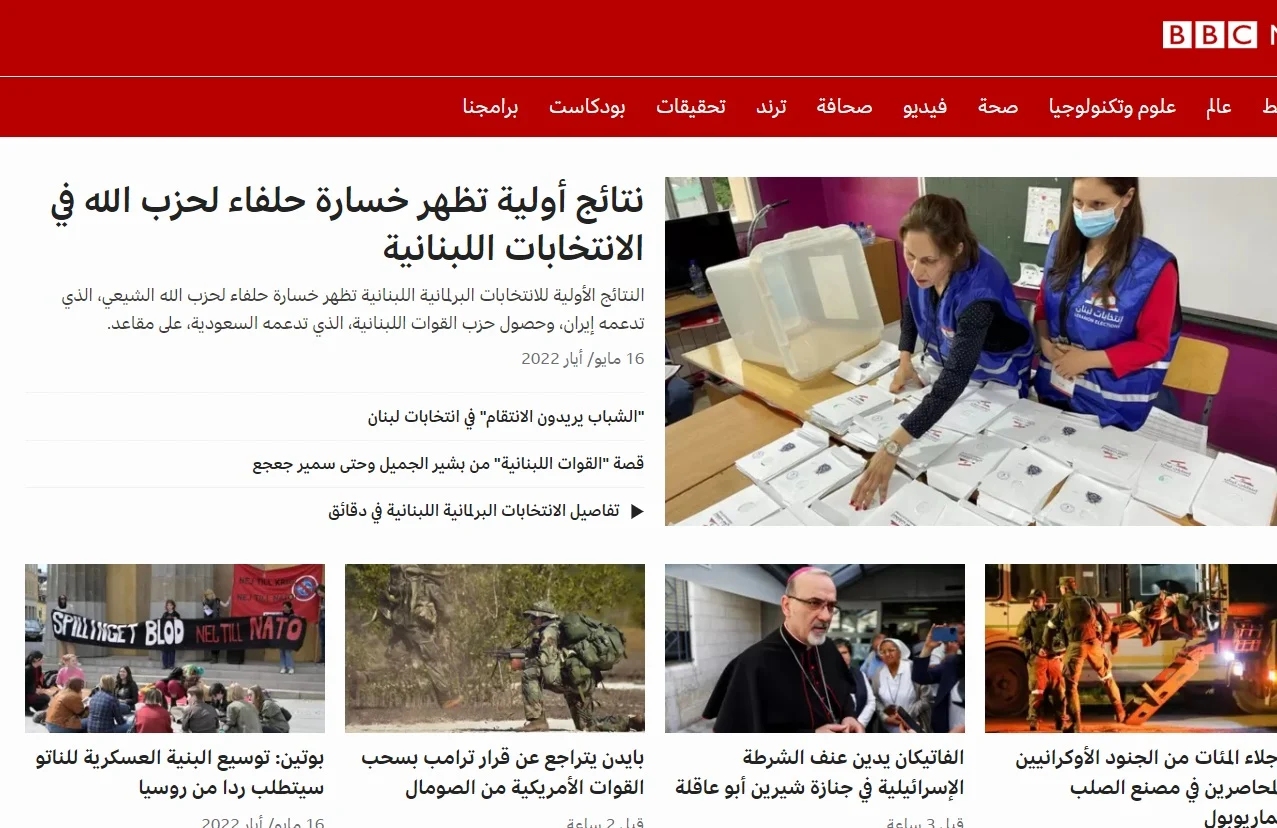
The Washington Institute: Hezbollah's popularity and support for Hamas have risen in Lebanon
The American "Washington Institute" conducted an opinion poll in Lebanon, and found that there was an increase in Hezbollah's popularity compared to the last poll conducted in November 2020, and that support for Hamas was more widespread in Lebanese society.
The Institute conducted this survey in the aftermath of the “Al-Aqsa Flood” saga and the escalation between the Israeli forces and Hezbollah, during the period extending from November 14 to December 6.
The Washington Institute poll showed that 79% of the Lebanese express a positive opinion of Hamas, while perceptions of a military solution to the conflict with the occupation, rather than a “political solution,” are much more widespread in Lebanon than in other Arab countries.
As for the position on the United States of America, the poll found that most Lebanese, specifically 71%, do not agree with the idea that Washington “is still in the best position to help end the war in Gaza.”
The institute also noted that there is “a noticeable shift in Lebanese society, away from the United States and towards other powers,” as the percentage of those who agree that their country “cannot rely on the United States these days, and therefore must look more to Russia or China.” As partners, it rose by 17 points.

















































